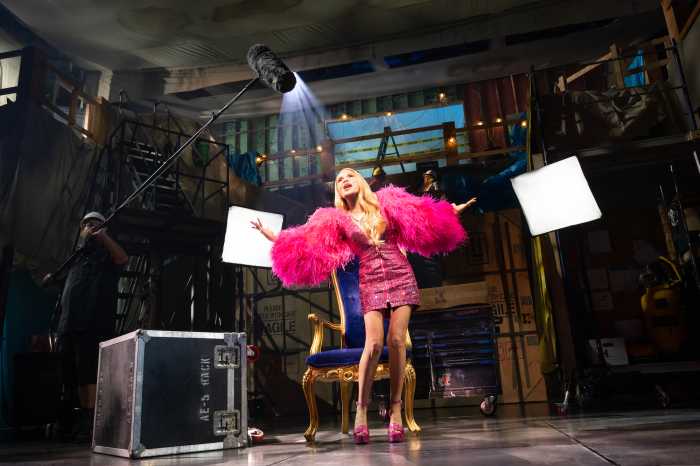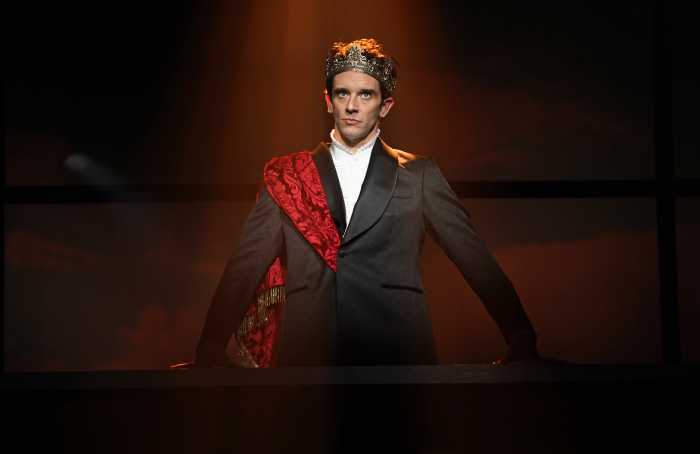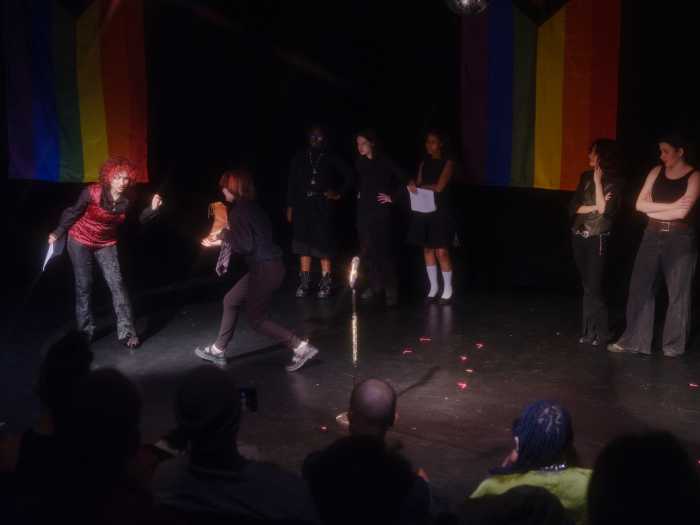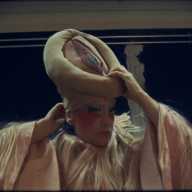BY JAMES JORDEN | Even though Puccini's first successful opera is called “Manon Lescaut,” the eponymous party girl is not the real protagonist of the work. By far a more interesting character-and the recipient of Puccini's most grateful music – is her lover Des Grieux.
This tenor role has four passionate solos, three contrasting love duets with the object of his desire, and the lead part in the soaring Act III ensemble. On February 1st, the Metropolitan cast today's preeminent Italian tenor Marcello Giordani in the role of Des Grieux, and the part suits him superbly. Over the years, Giordani's middle voice has developed from an unreliable and throaty sound into a burnished tone with an ardent, throbbing vibrato. His top notes have always been glorious, but some emotional resonance in this opera seems to infuse the ringing tones with deep meaning. The B-flats in “Donna nonvidi mai” ached with the rapture of first love and the high C-flat in the third act wrenched the heart with despair.
The Met's 1980 production of “Manon Lescaut” has seen better days.
It used to be a cliche that tenors couldn't act, but fortunately these days at least they try. Even if the thespian art is not as native to Giordani as, for example, singing, his height and Roman profile provide ample visual appeal and he moves with confidence. Like many Italian tenors, Giordani is at his best when he suffers, so his most affecting moments fell naturally in the tragic second half of the opera.
If Giordani appeared a bit wooden onstage, that may be because he was paired with one of opera's most vibrant singing actresses, Karita Mattila. She is a beautiful woman and a born stage animal who never holds back emotionally. However, all these admirable qualities could not conceal the fact that Mattila doesn't seem to have a clue as to what this opera is about. From the outset, her Manon seemed serious, even pensive; her remorse arrived at least an act too early. It's Des Grieux who's supposed to be aware of impending doom. If his beloved is self-aware as well, the story is not “Manon Lescaut” but “Tristan und Isolde.”
Come to think of it, Mattila might find Isolde a better fit for her voice than the essentially lyric Manon. Sure, she has all the notes, but the chest register rasped even when it wasn't supposed to, and one exposed high C might have escaped from “Elektra.” It is possible that Mattila was having an off night (reportedly she was in better form at the first performance), but a tired voice is no excuse for unidiomatic phrasing. “Inquelle trine morbide” floundered as Mattila repeatedly tried to straighten out Puccini's syncopated vocal line, and the death scene ground down to an unvaried plod.
This 1980 production has, as they say, seen better days. So that Acts III and IV could be performed without an interval, the “desert in Louisiana” setting was stripped down to a ramp and a backdrop. The lighting “design” was beneath contempt. A sunset in the first act exposed every crease on the canvas foliage and Giordani sang most of his third act plea obscured from the waist up.
Too often the Met sends in any old hack to conduct Puccini, but this revival boasted a slimmer, livelier James Levine, who did full justice to the soaring symphonic orchestration. He was on good behavior as an accompanist as well, giving Giordani plenty of hang time on his high notes and even indulging Mattila's leaden pace for “Sola perduta abbandonata.” Of the supporting singers, nobody made much of an impression except for Bernard Fitch, who thought it might be cute to do the Dancing Master with a heavy French accent. He thought wrong.
James Jorden is the editor of parterre.com.




































